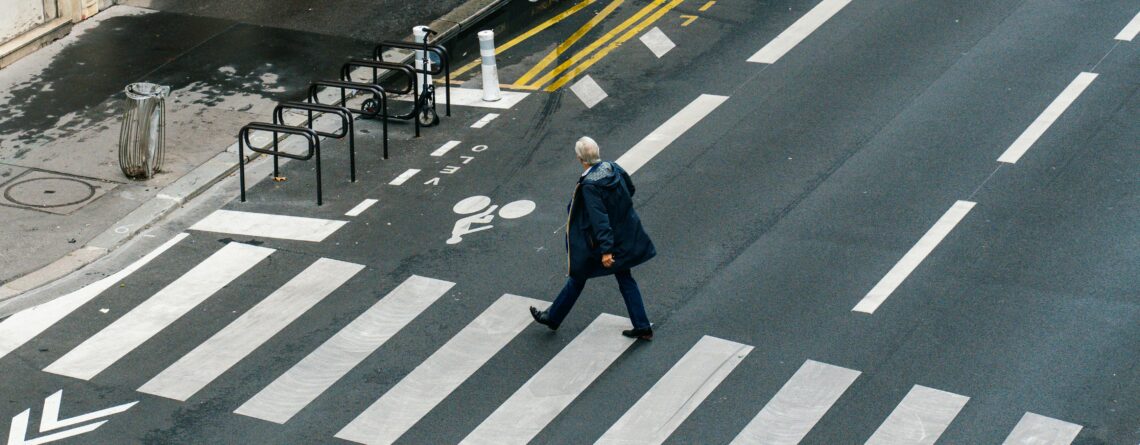Two million French seniors live in poverty: charity report
Two million seniors in France live below the poverty line, warns a charity that works to alleviate isolation amongst the elderly. It pointed to a rise in poverty, particularly among older women and people living alone.
The poverty level of people aged 60 and older is on the rise, the Petits freres des pauvres (Little brothers of the poor) charity in its annual report published Monday.
In 2024, some 11 percent of elderly people live under the poverty line, compared to eight percent in 2015. The number increases to 18 percent for those living alone.
Single people and women are particularly impacted by poverty. Households with two pensions fare better than those living alone, who are also isolated socially.
Women, who live longer than men, often have lower pensions because they have worked in lower paying jobs or have worked more part-time to care for children.
France struggles to defuse claims that pension reform will penalise women
According to the report, 69 percent of poor seniors said they lacked something in the last 12 months, including heating, food, healthcare or social connections.
Even as they struggle, however, many people do not consider themselves poor, and more than half do not ask for aid or do not know they are entitled to any help.
Three quarters of elderly people do not feel capable of applying for aid or filling out paperwork online.
Poverty harder to bear for women and children, French report claims
The government’s plan to give aid directly to people, based on the information held by the administration, without their having to fill out forms, should help more people get what they are entitled to.
The charity has called on the government to increase the minimum pension for elderly people, which is currently €1,012 per month for an individual, to at least the poverty level of €1,216 per month.
Yves Lasnier, the group’s director general, says the measure would cost €2 billion a year.
Other proposals are to increase the number of younger people working – and therefore contributing to their pensions – and addressing the issue of self-employed people who pay less into the system, and therefore receive less when they retire.
Read more @modernghana











